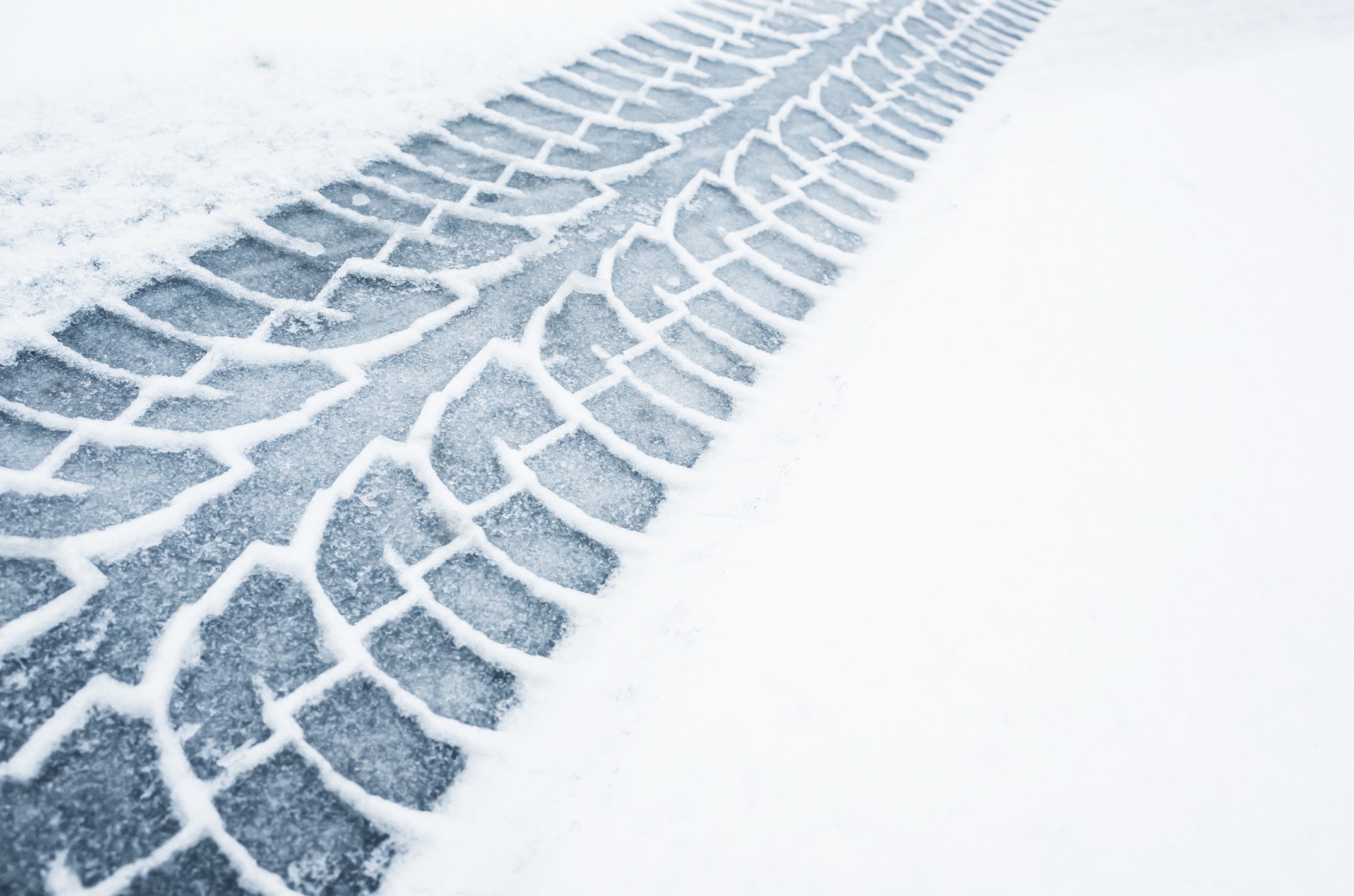
Winter Driving
Along with colder temperatures, snow, and ice, winter also brings potentially dangerous driving conditions. Slippery roads and decreased visibility can make driving in Canadian winters a challenge. Get prepared by following a few simple tips:
Slow down – Fog, black ice, slush or snow-covered roads can make driving dangerous. Drive slowly and leave plenty of distance between vehicles.
Get winter tires – Traction is the key to good movement, turning and stopping on wet, slushy or icy surfaces. Check tires and tire pressure at least once a month when tires are cold and remember that tire air pressure decreases in colder weather. Winter tires provide additional traction in colder weather.
Top-up windshield fluid – Fill up on winter washer fluid and replace wiper blades that streak. Make sure there is enough windshield washer fluid in the reservoir and that it is rated in the -40C temperature range. Carry an extra jug in the vehicle.
Keep the gas tank topped up – When driving in bad weather, think caution, plan ahead and make sure you have enough fuel. Keep the fuel tank at least half full.
See and be seen – clear all snow from the hood, roof, windows and lights. Clear all windows of fog or ice. If visibility becomes poor, find a place to safely pull off the road as soon as possible.
Get an emergency car kit – Have the appropriate safety and emergency winter equipment always stored in your car. The basic emergency kit for cars should include the following items:
- Food – that won’t spoil, such as energy bars
- Water – in plastic bottles so they won’t break if frozen (change every six months)
- Blanket
- Extra clothing and shoes
- First aid kit – with seatbelt cutter
- Small shovel, scraper and snowbrush
- Candle in a deep can and matches
- Crank flashlight
- Whistle – in case you need to attract attention
- Roadmaps
- Copy of your emergency plan
Also keep these inside your trunk:
- Sand, salt or cat litter (non clumping)
- Antifreeze/windshield washer fluid
- Tow rope
- Jumper cables
- Fire extinguisher
- Warning light or road flares
https://www.getprepared.gc.ca/cnt/rsrcs/sfttps/tp201002-eng.aspx
